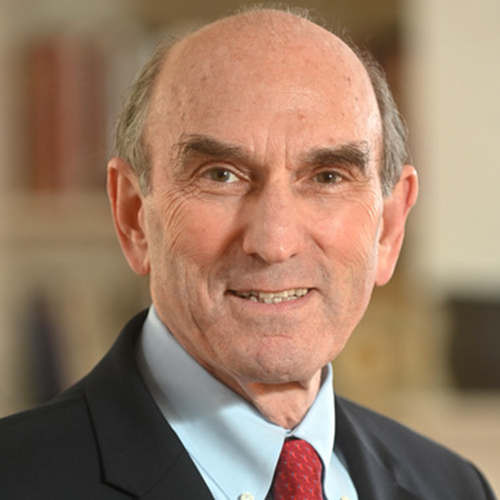The American Jewish community took an almost entirely unified position in support of Soviet Jewry—in the end. But the internal struggle within the community was sometimes fierce. The relationship between the struggle of Soviet Jews and the larger battle for human rights in the USSR was debated. How to work with, or against, the administrations then in power in Washington was controversial. The leaders of the most prestigious Jewish organizations often came very late to the battlefield and insurgent organizations sprang up. The conduct of the community toward European Jewry during the Nazi era was said to be on everyone’s mind, but what exactly that meant was never clear.
Elliott Abrams’s career would eventually take him to President Reagan’s State Department and President George W. Bush’s national security council. But it began with Henry “Scoop” Jackson and Daniel Patrick Moynihan in the Senate, where Mr. Abrams had a firsthand view of how Jewish power and American idealism can together bring about transformative political change. At this pivotal moment in the history of the West, this session will look at the lessons that can be learned from the story of the Soviet Jewry movement in the United States.
